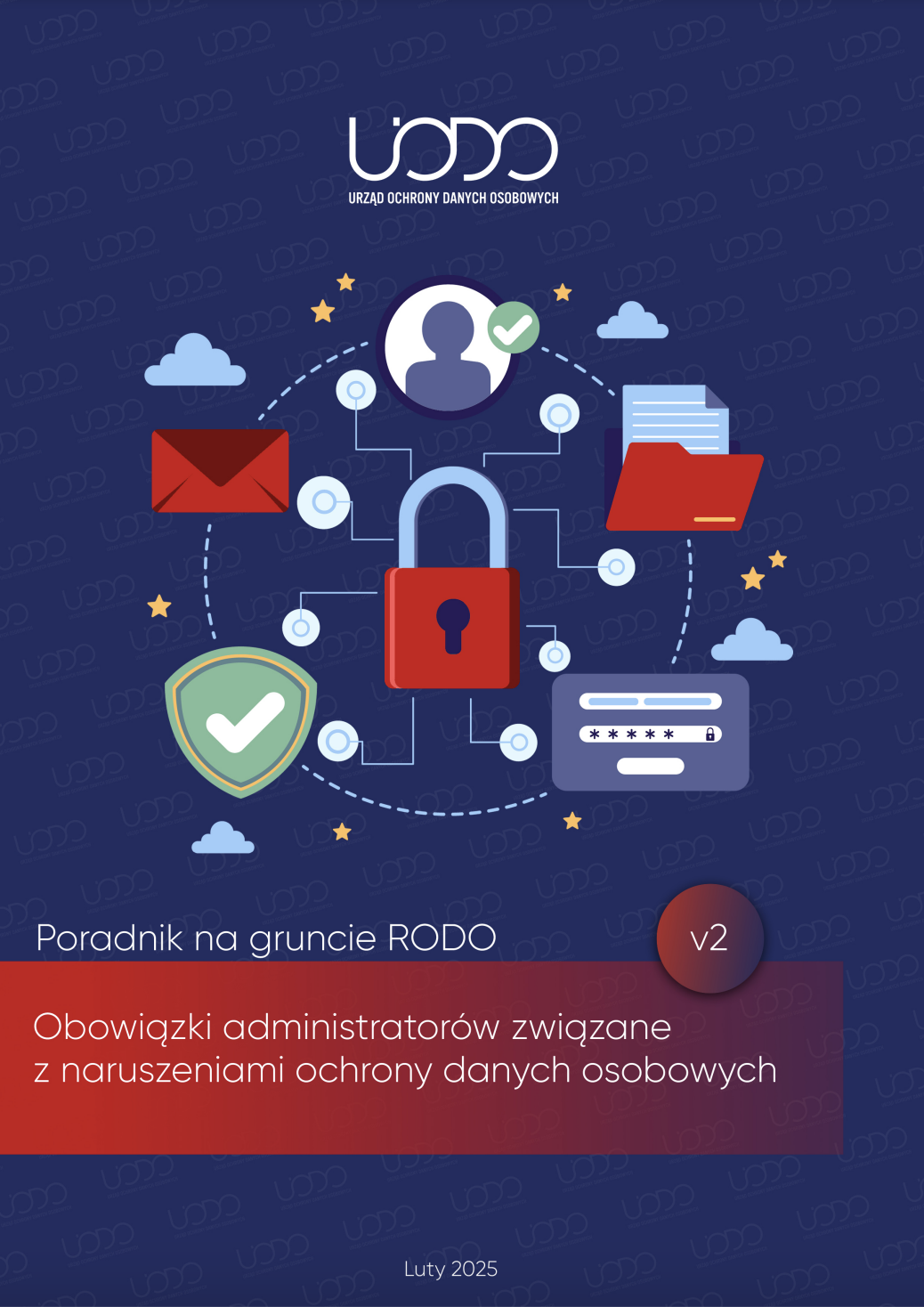Artificial intelligence (AI) is increasingly entering the world of art, evoking both fascination and controversy. Thanks to generative tools such as DALL- E, Midjourney and ChatGPT, it has become possible to create extremely realistic images based solely on textual descriptions or stylistic references. The mechanism of operation of these solutions is based on powerful language-visual models which, by analysing millions of graphics available on the web, learn to recognise specific features of artistic styles, compositions or forms.
intelligence learn to create images?
Training AI models involves using large visual and text data sets from which algorithms extract patterns and aesthetic schemes. The most commonly used techniques are Generative Adversarial Networks (GANs), which generate images and assess their realism, Neural Style Transfer (NST), which allows for the imitation of the style of one image in another, and Convolutional Neural Networks (CNNs), which enable in-depth analysis of visual elements and the creation of new compositions based on them.
Artificial intelligence and copyright – new legal challenges
However, with the growing popularity of AI in art, serious legal questions have arisen. One of the most pressing problems is the issue of copyright. Generative models are trained on publicly available data, but much of this material – graphics, illustrations, photos or film clips – is legally protected. These are often images downloaded from websites such as Pinterest and DeviantArt, art blogs and creative forums, as well as film and TV stills – including Studio Ghibli productions – that have never been officially released by their creators. Illustrations from books, comics and computer games are also used for model training, which raises great concerns among artists and lawyers.
Using other people’s work without permission – is it legal?
Many creators are not aware that their work may have been used without permission and remuneration to create tools that then compete with their work on the market. The issue of licensing data for AI training remains one of the most debated issues in the industry. In response to the growing pressure, some tech companies – including OpenAI – have started to enter into official agreements with publishers such as The Guardian and Time, who make their archives available in exchange for licensing fees. This is a step towards ethical transparency, but at the same time the exception rather than the rule. Many companies still rely on unregulated data sets, claiming that they are ‘publicly available’.
Copyright and artificial intelligence in the world and in Poland
Copyright in the world
The question arises as to whether the use of protected materials for model training without the consent of the copyright holders can be legal. In some countries, such as Japan, the answer is yes – the law there allows the use of protected works for research and development purposes if it serves technological progress. In the European Union, the situation is more complex, but work is ongoing.
Read more here:
https://lbplegal.com/jakie-wyzwania-prawne-stoja-przed-sztuczna-inteligencja/
https://lbplegal.com/figma-a-ai/
In the United States, on the other hand, there are intense debates about the scope of fair use and whether AI training can be considered fair use.
This is confirmed by the US Copyright Office’s decision in 2022 to refuse registration of Janson Allen’s AI-generated image (Midjourney) entitled Théâtre D’opéra Spatial precisely because of the lack of a human author. The applicant argued that if legal persons can hold copyright, the same should apply to artificial intelligence. However, this argument was rejected – AI does not have legal capacity.
According to the USCO, the applicant cannot be considered the author of the painting in question. It also pointed out that prompts do not provide Midjourney with specific instructions for a particular form – in a sense, there is also a certain percentage of probability here. According to the USCO, ‘when AI receives a prompt from the user and creates complex verbal, visual or musical pieces in response, the traditional elements of creativity are determined and performed by technology, not the user’. In addition, the applicant’s activity did not lead to ‘giving the work a clear form resulting from the author’s creative choices’, nor was there ‘creative human control over the work’. The final appearance of the generated graphic by Midjourney was beyond the applicant’s control, as it depended on the data used during the model training process and the initial ‘noise’ that served as the starting point for the diffusion process leading to the final image.
Copyright in Poland
Art. 1(1) of the Act on Copyright and Related Rights (PrAut)
‘The subject of copyright is any manifestation of creative activity of an individual nature, established in any form, regardless of value, purpose and manner of expression (work)’.
According to the above, AI systems cannot be copyrighted, mainly because they lack legal capacity – i.e. the ability to act as the subject of rights and obligations. Unlike humans, AI has no legal personality or individuality and is therefore not capable of creativity in the legal sense.
Is artistic style legally protected?
Copyright does not protect style as such. Ideas, concepts, methods of operation and modes of expression are also not protected, as long as they do not take the form of a specific work. In other words, being inspired by the style of Ghibli does not constitute a violation of the law, but reproducing a specific character or characteristic elements of their appearance can be considered plagiarism. This does not change the fact that the ethics of such behaviour are questionable, to say the least.
The situation becomes even more complicated when it comes to a co-authored work – according to Article 9(1) of the Act on Copyright and Related Rights – it is then necessary to obtain the consent of all co-authors to use the work.
Furthermore, in addition to copyright, a work can also be protected as a personal right.
High-profile lawsuits over training AI on other people’s work
There are an increasing number of lawsuits worldwide concerning the unauthorised use of works to train AI.
Examples of lawsuits over plagiarism in the context of AI training:
- In 2019, Getty Images sued Google, accusing the company of copyright infringement. According to Getty, Google used millions of photos from its database to train its image search algorithm without permission.
- In 2022, Getty Images was once again in the spotlight, this time suing Stability AI Inc. for the unauthorised use of millions of images to train its image generation system, Stable Diffusion. The case sparked a heated debate about copyright in the context of AI-generated content.
- In March 2024, three American authors filed a lawsuit against NVIDIA in the Federal Court of California. They alleged that their books had been used without permission to train a generative AI model called NeMo.
Artists and AI – enthusiasm and concern
The perspective of artists is extremely important in this debate. For many of them, AI is an interesting experimental tool that allows them to explore new forms of expression. However, the growing number of graphics generated ‘in their style’ leads to a sense of loss of control over their own work and fears of the depreciation of their work. A survey conducted by the platform Book An Artist shows that as many as 74% of artists consider the use of their work to train artificial intelligence unethical.
OpenAI’s new policy – a response to pressure from artists and users
The viral popularity of photo-ghibfication has led millions of users to upload their portraits to ChatGPT. In response to the controversy, OpenAI has therefore introduced restrictions on the generation of portraits in the style of living artists. Since 27 March 2025, ChatGPT has been blocking attempts to create images based on photos of real people, citing ‘content policy restrictions’. However, this change does not apply to studio styles (e.g. Ghibli), which raises doubts as to whether it is purely for image purposes.
Biometric data and user privacy
The viral popularity of the phenomenon known as ‘ghiblification’ – the stylisation of user photos to resemble the aesthetic known from Studio Ghibli – has led millions of people to upload their portraits to ChatGPT. Although OpenAI claims that the images are not stored after the session ends, privacy experts point out significant loopholes in this policy. Especially if the user does not select the opt-out option. Uploaded photos often contain biometric and location data as well as metadata that can be used to create detailed user profiles and for precise advertising targeting.
Legal issues
Firstly, according to Article 6(1)(a) of the GDPR, the mere uploading of a photo can potentially be considered consent to its processing. In practice, this means that if the user has not opted out, OpenAI can legally use this data – also to train artificial intelligence models.
Read more here:
https://lbplegal.com/chat-gpt-vs-dane-osobowe/
Secondly, photos uploaded for ‘ghiblification’ often contain unique biometric data – faces of children, family members, as well as images from private situations such as holidays or family celebrations. According to experts, this type of data can be used in the future to improve facial recognition systems and, in extreme cases, even to create deepfakes.
What does the GPT Chat itself say about this?
Ethical alternatives – is ‘transparent and ethical’ artificial intelligence possible?
Some companies – such as Stability AI – allow creators to exclude their works from training sets, and Adobe Firefly has based its model exclusively on photos from legal banks, ensuring that creators are paid for the use of their materials. These approaches show that ethical cooperation between technology and art is possible – based on consent, transparency and benefit sharing.
Summary – art and AI: coexistence or conflict?
Artificial intelligence opens up new possibilities for artistic creativity, but it also poses enormous challenges related to copyright protection, privacy and ethics. It is crucial to develop clear legal regulations, mechanisms for remunerating creators and models based on respect for individual rights. Only then will it be possible for traditional art and innovative AI tools to coexist in harmony, in which technology does not replace humans but supports their creativity.























































